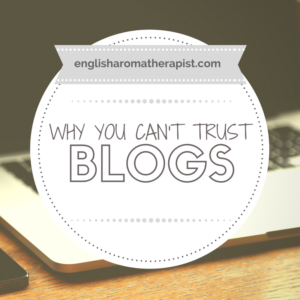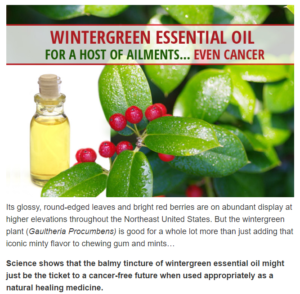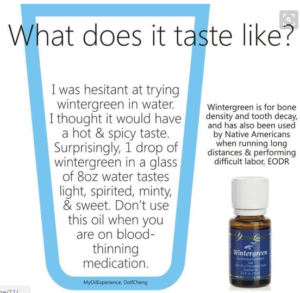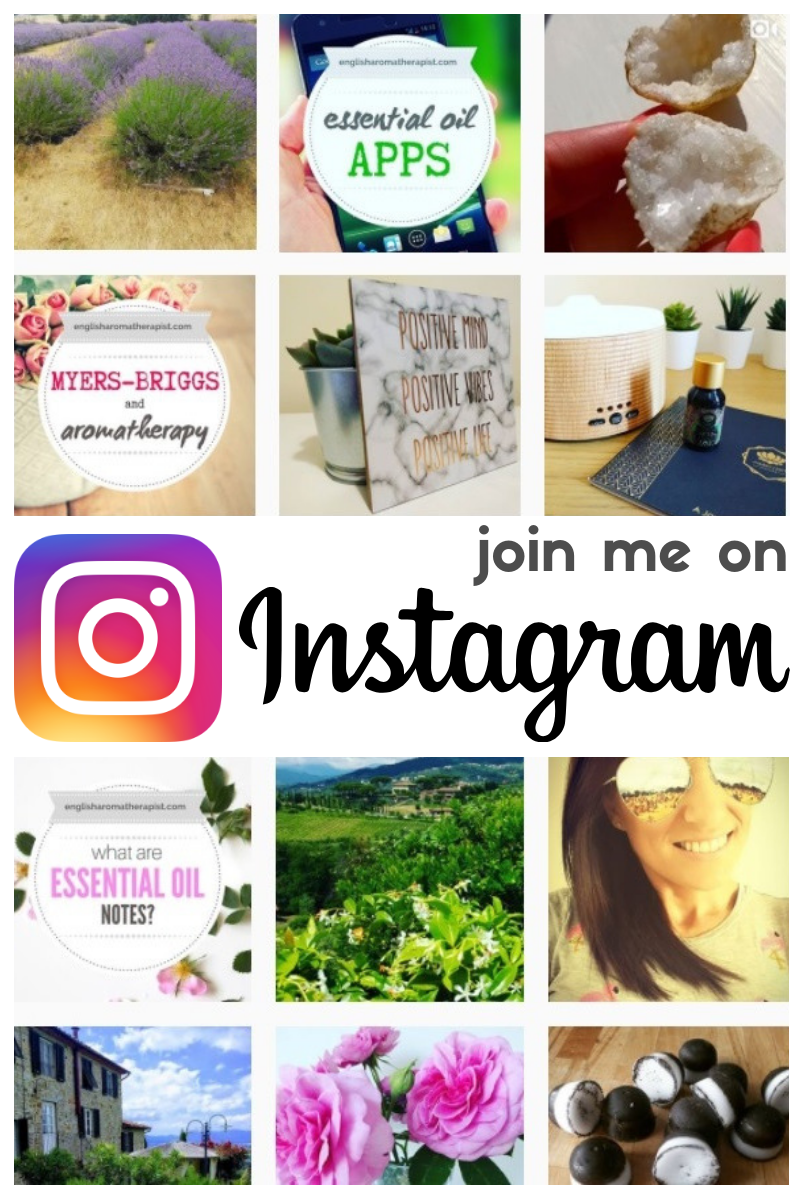Why You Can’t Trust All Blogs

Have you ever clicked on a blog post or online article, only to find it full of meaningless waffle? I call it ‘blog fluff’ – and the internet is FULL of it.
Ranking well on Google is considered to be the key to success, and part of this SEO strategy involves creating original, keyword-rich content. Adding a blog to your website is a great way to do this, providing it’s filled with interesting, relevant and shareable information.
In reality, we end up with thousands of spammy, superficial blog articles that are churned out by cheap freelancers and content mills. I know, because I’ve been on both sides of the fence. This is the fiverr.com generation. When I first began my career as a freelance writer, I found myself competing with people willing to write a 500-word blog post for $5. But like everything in life, you get what you pay for. For $5, you can’t expect a well-researched and professionally written article. What you’ll get is some cobbled-together nonsense that’s been hastily rewritten in questionable English.

If you’ve ever read a blog post and spotted some bizarrely odd turns of phrase, it’s likely to have been written by a non-native speaker who is willing to write articles for pennies. Sometimes these posts have even been automatically generated by article spinning software.
It’s like a fast-food approach to content creation. Blogs are swamped with articles that are ostensibly filling, but devoid of any real substance. As well as devaluing professional writers, this encourages misinformation to spread around the internet. Everyone is just copying and pasting the same poorly-researched facts. Nonsense breeds nonsense.

Google any question about essential oils and I guarantee you’ll find yourself wading through pages of utter tripe. So many of them are chock-full of adverts and affiliate links, it’s impossible to establish whether the information and advice is trustworthy at all. How many times have you scrolled to the end of an aromatherapy article to find the author is trying to sign you up to be a distributor of their essential oils?
I set up The English Aromatherapist to counter this tide of spammy articles about essential oils. I wanted to create some genuine content that was impartial and written from the perspective of a qualified therapist.
I can’t tell you the number of times I’ve clicked on a blog post to discover it’s nothing more than regurgitated nonsense. It concerns me that people are reading this rubbish and thinking it’s real advice. The more these posts are re-pinned on Pinterest, shared on Facebook and retweeted on Twitter, the wider their message is spread. They develop a kind of faux-authority based on the sheer number of social media shares.

I’ve seen it all – from articles claiming undiluted wintergreen oil can heal broken bones and cure cancer; advice to add 28 drops of essential oil to a baby’s bath; roller blend recipes that contain 90 drops of essential oil in 5ml of carrier oil; and a ‘daily routine’ post that recommends using 18 drops of neat essential oil on the skin AS WELL AS ingesting 14 drops every day!
Yes, I know I’m a blog too…
It might sound hypocritical for me to warn you against trusting blogs, when you are reading this one! But I can assure you that all the articles on The English Aromatherapist blog are researched and written by me, as a qualified and experienced aromatherapist. What’s more, I am not affiliated to any particular brand, so all the information is impartial and genuine.
Are they genuine?
Before you take advice from any blogger, always check their credentials: are they qualified in their field? How much experience do they have? Are they trying to sell you something?
After all, blogs are not always what they appear.
This week, I received an email claiming to be from a high-profile essential oil blogger. We’ll call her “Mrs X”. She talked about her “great passion for writing” and offered to write a guest post for my blog. To be honest, my suspicions were raised from the start – particularly when her suggested title was “Incorporate Essential Oils In Your Diet”.
A couple of days later, I received a shockingly poor article – full of errors and misinformation. After checking through other articles on their website, I realised they were 100% blog fluff. Notes about casual ingestion were scattered everywhere, as well as an article about how vanilla essential oil “fights cancer”! I realised they couldn’t possibly have been written by “Mrs X”.
.
It was fake…
As suspected, the site was nothing to do with the real “Mrs X”, who was shocked to discover its existence. An impostor had simply been using her name and photograph (without permission) to promote some truly unprofessional essential oil advice. Anyone reading these blog articles could be forgiven for thinking they were written by this well-known blogger, and therefore taken the advice to be genuine.
So, I guess the moral of the story is: don’t believe everything you read on the internet! People are often quick to say “do your own research” when it comes to essential oils, but this proliferation of hogwash doesn’t make it easy!
UPDATE: Yesterday I witnessed another classic example of an essential oil sales rep extolling the virtues of drinking essential oils in a glass of water. When challenged, I was told that my aromatherapy knowledge is out of date. Apparently “their” essential oils are perfectly safe to ingest on a daily basis, and the entire professional aromatherapy industry has got its facts wrong – including Robert Tisserand! I was also accused of writing “idiotic” articles and that I should “go back to school”.
Do I believe we should be open-minded and question things? Absolutely. But perhaps there is cause for concern when the only people who share your opinion are those who have a profitable interest in it.
What to read next: How Many Drops Should I Use?
Follow me on...
Share this on...
